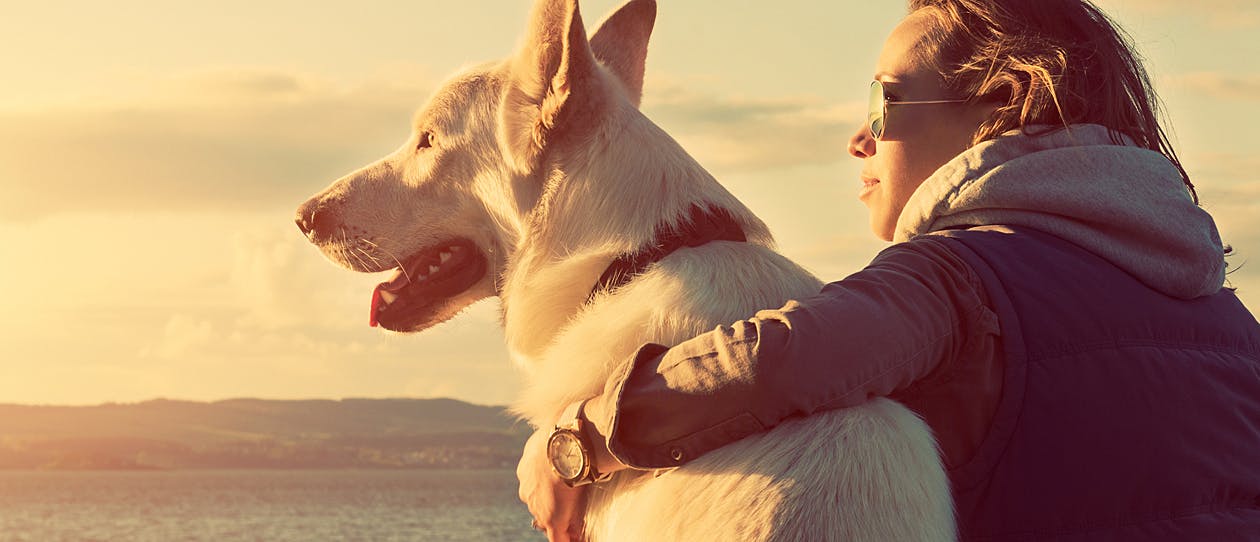Caring for your senior dog
4
Learn how to keep your dog healthy and happy during their golden years.

As dogs get older, they need even more special care and attention. To look after your best friend, you should start to focus on things like a senior diet, appropriate gentle exercise and careful grooming, as well as keeping on top of any medical issues that may be more likely to develop in aged pets.
This action plan will help you identify your dog’s needs, make some simple changes and keep your pet in tip-top shape for many years to come.
Sign up today to get started on this pawesome plan!